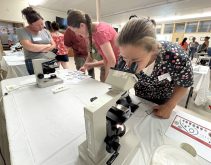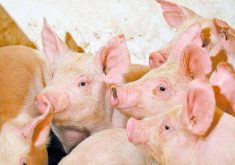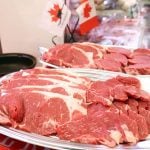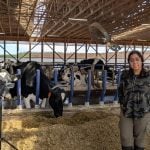Consultation has begun on the creation of new Ontario legislation governing animal welfare.
Government officials recently met in Guelph with representatives from agricultural commodity groups, horse industry sectors, and veterinarians.
Why it matters: Trusted and accountable animal welfare enforcement will be important to the future trust of the public in animal agriculture.
The new act could include elements over and above existing clauses related to farm biosecurity, timely reporting of calls for inspections and outcomes of investigations, and the relationship between livestock and livestock owners.
Read Also
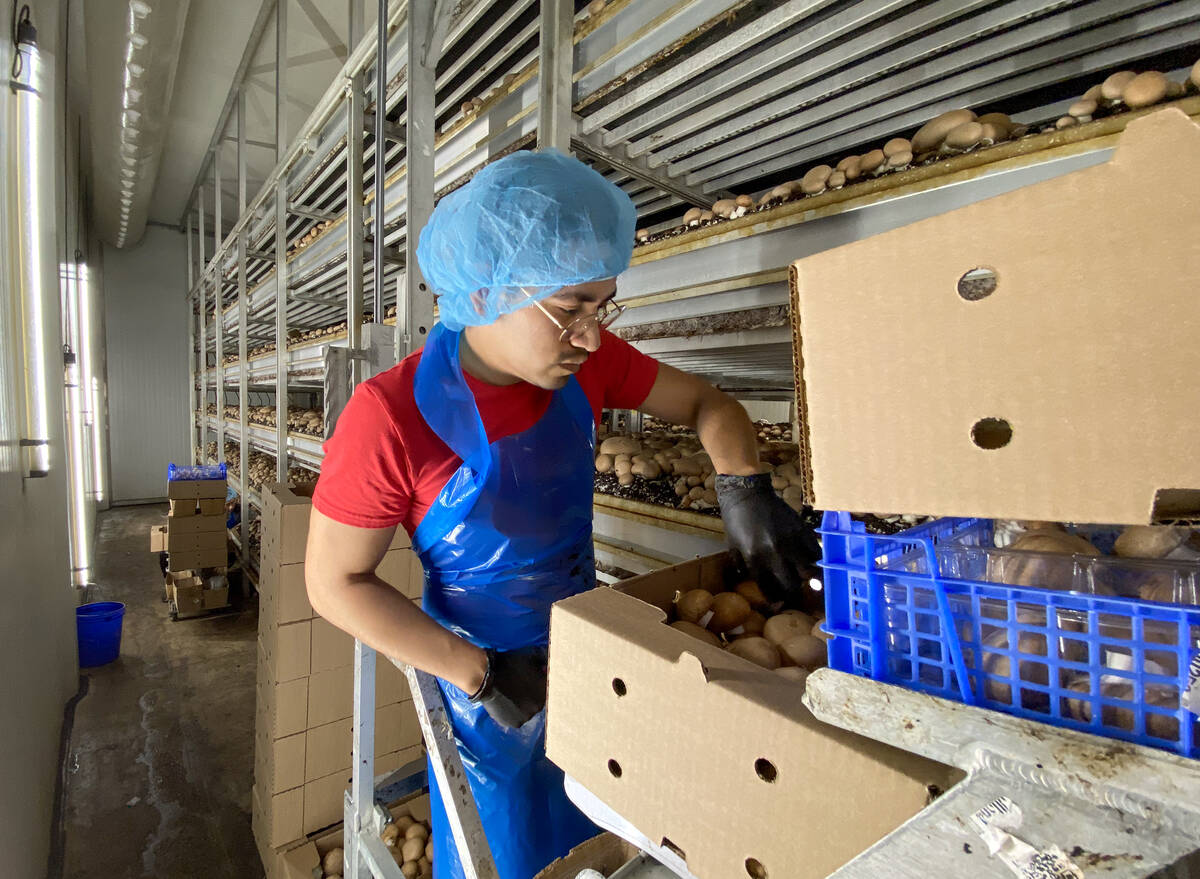
Ontario’s other economic engine: agriculture and food
Ontario Federation of Agriculture president, Drew Spoelstra, says Ontario’s agriculture and agri-food sector should be recognized for its stability and economic driving force.
Those three areas of concern receive particular attention in a new position paper by Farm & Food Care Ontario, and presented for the first time at the April 29 meeting.
Farm & Food Care project manager Bruce Kelly, who attended the meeting with representatives from the 15 agricultural commodity groups, told Farmtario that the position paper was developed after examining “what works and what doesn’t work” in legislation from numerous other jurisdictions in Canada and beyond.
Kelly commended the commodity groups for their contributions to the paper, “because I gave them homework. I didn’t just give them one (out-of-province) act to read. I gave them three or four.”
He added there was a sense of urgency in meetings undertaken over the winter, given that an end-of-the-year deadline for the creation of new legislation was set on Jan. 2 when Superior Court judge Timothy Minnema labelled the Ontario Society for the Prevention of Cruelty to Animals Act unconstitutional, and gave the provincial government a year to rewrite it.
That same sense of urgency, he added, fueled a desire to “put it all out there” for the Ontario Ministry of Agriculture, Food and Rural Affairs (OMAFRA) and solicitor general officials at the meeting.
The Jan. 2 ruling was appealed by the office of the attorney general. But at the time of justice Minnema’s ruling, livestock welfare lawyer Kurtis Andrews told Farmtario an appeal would almost certainly happen because governments generally don’t like to see their legislation struck down.
It’s clear from the April 29 meeting, though, that unofficially at least the government has begun the process of rewriting the Act.
The charitable-based OSPCA has already given its opinion on how the government should spend the $5.75 million allocated to the OSPCA under the current act. The money was earmarked for investigation of complaints and enforcement of rules relating to all types of animals. Over the past two years, approximately 11 per cent of those calls have related to livestock.
Kelly stressed the importance of the farm sector also presenting a united perspective on creating what he described as “the next generation of animal protection legislation to ensure a sustainable, credible and effective animal protection system”.
Brent Ross, a spokesperson for the solicitor general’s office, says the matter “is too important not to get right, which is why we will engage with the many Ontarians with an interest in animal protection as we design a better system that works for the people of Ontario.”
Police fill enforcement gap
In the meantime, however, there remains uncertainty about the level and quality of protection now in place for farm livestock in particular, given the void created on March 31 when the OSPCA abruptly stepped away from its decades-long role in complaint investigation and enforcement.
The agency agreed at the time of its announcement to continue on a fee-for-service basis until June 28 for pets and companion animals. But as of April 1, jurisdiction for animal welfare investigations and enforcement across the province fell to what was previously a fall-back measure in the OSPCA Act: the Ontario Provincial Police (OPP) and/or local police services.
Kelly stressed that, in some parts of the province at least, police have existing protocol for investigating livestock welfare complaints. He cited Grey and Bruce counties as examples where the OSPCA has not traditionally been active, with responsibility falling under the Act to the OPP. In those cases, it is commonplace for complaints to lead to a call by police to commodity organizations and veterinary services for potential assistance.
This is the same protocol followed by the OSPCA, Kelly says, through what he described as a “gentleman’s agreement” not formally written into the Act. Farm & Food Care would like to see the new legislation formalize this protocol, and would also like to see all police services take up this practice in the months (or years) leading up to the creation of a new animal protection system.
“We can’t tell the cops what to do, but we can make suggestions,” Kelly said.
The OPP did not respond to a request for information. Kelly, however, says Farm & Food Care has been made aware of a small number of livestock-related complaints investigated by police since April 1. In at least two cases, police reached out to commodity groups. In at least two other cases, though, police investigated without contacting vets or commodity groups.
Livestock-specific training is another element that had been in use by the OSPCA despite not formally being written into the Act. Farm & Food Care would again like to see this formalized. And, Kelly added, “the commodity groups hope there’s an opportunity to help with that training, whoever the (service delivery) agent is.”







